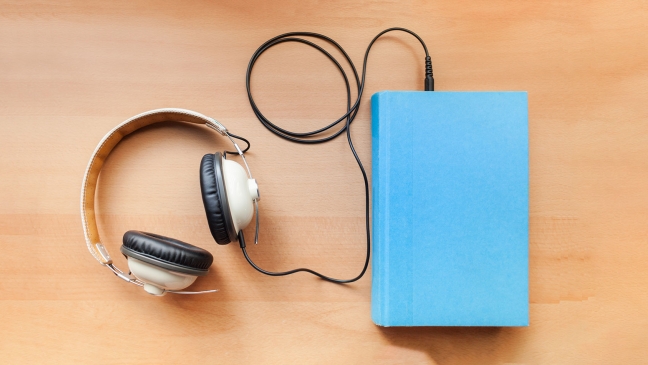Do audiobooks make a difference to reading?

As audiobooks and podcasts gain popularity, teachers are wondering if there are advantages to using them in the classroom. Here, Alex Quigley explores the research
Everyone is interested in improving reading. The government creates national assessments for it, Ofsted inspect it and schools work hard continually to develop it.
However, despite the attention on its importance, lots of schools and teachers are still unsure about how to improve reading.
Many have questions about how best to read in class, or how to support struggling readers. One question that is raised regularly in teacher discussions about supporting and improving reading is whether audiobooks can help.
Audiobook sales are on the rise, and podcasts have increased in popularity too. It’s easy to assume that audiobooks could play a meaningful role in classroom reading, or at least add value to homework plans. But are there meaningful differences between reading with the eyes or reading with the ears?
Research has been published this year in the US that can help us with this. Anisha Singh and Patricia Alexander’s review Audiobooks, Print, and Comprehension: What We Know and What We Need to Know does not offer easy answers and, indeed, it does conclude that more research is needed.
However, it does clarify the issue and give steer for busy teachers about the potential value of audiobooks, in the classroom and beyond.
The researchers described, with caution, the idea that novice pupils could listen to an audiobook and read along at the same time. They draw upon research that states reading while listening can overload pupils and max out the limited working memory and attention.
The promise of new technology to make inroads into pupils’ reading issues is also challenged in the review. The paper versus digital debate does indicate some subtle, but potentially important, reading losses that can be suffered when you read and scroll on screens.
But what about different pupil groups and their experience of different reading approaches?
There are indications that struggling early readers may benefit most from listening to audiobooks, given decoding words and reading fluently is still a steep challenge. And yet, for other struggling readers, re-reading and looking back through a printed text may prove vital and, therefore, an audiobook may steal away important support.
The researchers found three useful but tentative implications around the use of audiobooks to improve reading:
- Audiobooks appear to be useful for those pupils who struggle to process printed texts, including early readers.
- Audiobooks could be advantageous for some English as an additional language (EAL) learners in particular.
- For older students who are expected to read dense informational texts (which have graphs or other figures) and in greater depth, the benefits of audiobooks appear to be reduced and to offer negligible gains.
So although audiobooks may prove advantageous, more research is required and, therefore, there is still much for teachers to consider.
In short, according to these researchers, we should be careful not to dismiss hard copies of books and, instead, consider where audiobooks may help some pupils to become better readers.
Alex Quigley is national content manager at the Education Endowment Foundation. He is a former teacher and the author of Closing the Reading Gap, published by Routledge.
Source : tes magazine

